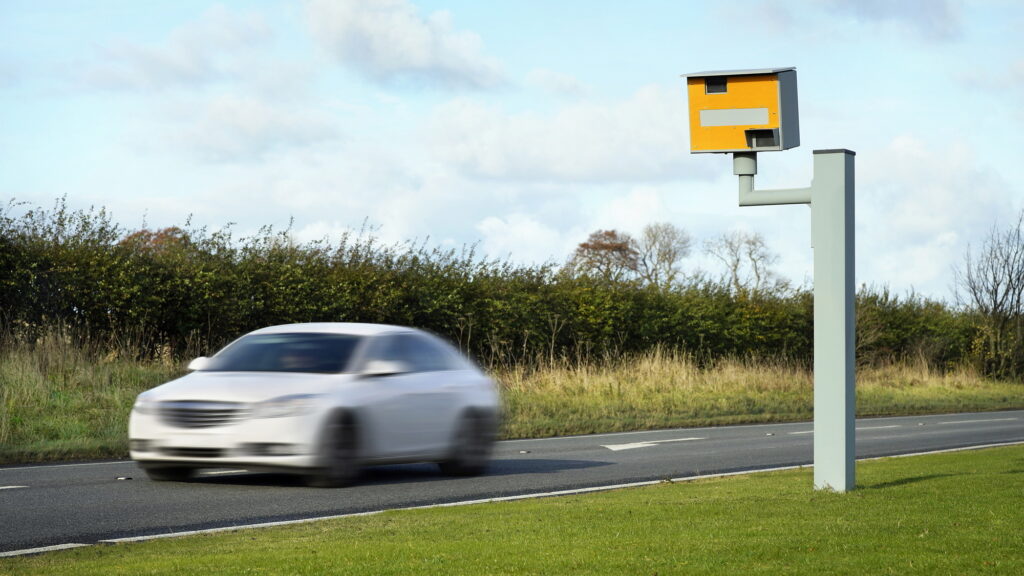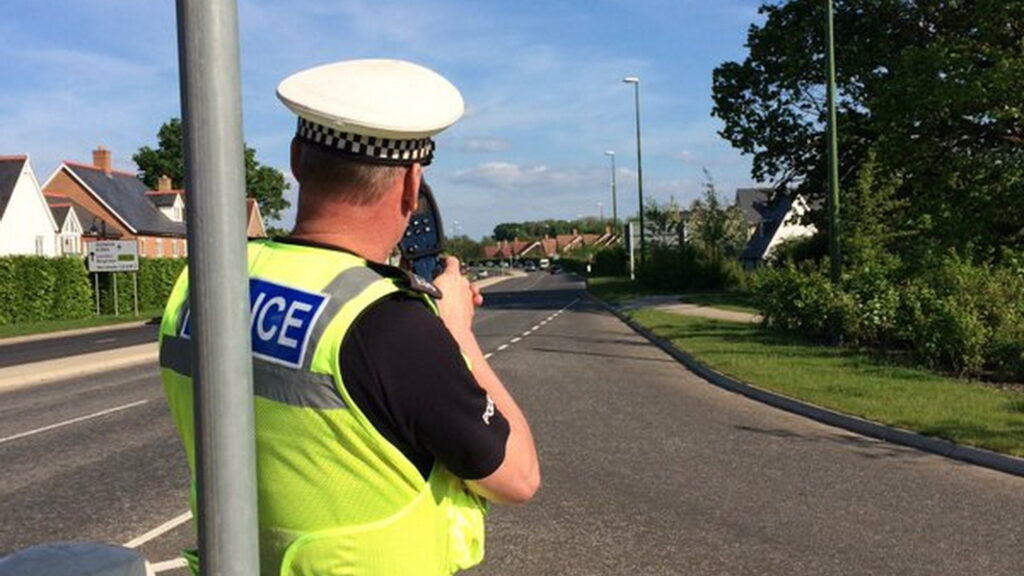Anders Wiklöf, a resident of Finland, said he really regrets his infraction after being caught going 82 km/h (51 mph) in a 50 km/h (31 mph) zone over the weekend. That regret may stem from the fact that his ticket amounted to €121,000 ($129,670 USD at current exchange rates).
While that punishment may not appear to fit the crime, Finland argues that it fits the criminal. Far from the first time we’ve reported on surprisingly large speeding fines, the remarkable ticket was issued because the nation is one of a few European countries that uses something called a “day fine” system.
Like tax brackets, the fine structure is intended to make penalties for speeding fairer for drivers. To do that, the system bases its fine on how much money the offender makes in a day, then divides it in two, to come up with the amount of “spending money” they have for a day, reports The Atlantic.
Read: Swiss Court Slaps Millionaire with a Record Breaking $290,000 Speeding Ticket!

Then, based on how quickly a driver was going, the government decides how many days’ spending money drivers should be deprived. In 2015, exceeding the limit by 25 km/h (15.5 mph) resulted in a punishment equivalent to 12-days of spending money, while going 40 km/h (25 mph) over resulted in 22 days’ fine.
At that time, the system topped out at 120-days-worth of spending money. However, it has no upper limit on many euros the fine can amount to. That is by design, since the law’s writers wanted the punishment to remain a constant proportion of the driver’s income no matter how much they make.
For Wiklöf, who was caught speeding in the Aaland Islands, an autonomous region of Finland in the Baltic Sea, that has led to a headline-worthy fine – and this is not his first. The Associated Press reports that the chairman of a successful holding company was fined €63,680 ($68,242 USD) in 2018, and €95,000 ($101,807 USD) in 2013.
Despite the controversial headlines, the system is anything but. In Finland, it remains popular today, and has been proposed elsewhere as a tool to help more effectively dissuade the rich from driving recklessly, something studies show they do more than other classes.




